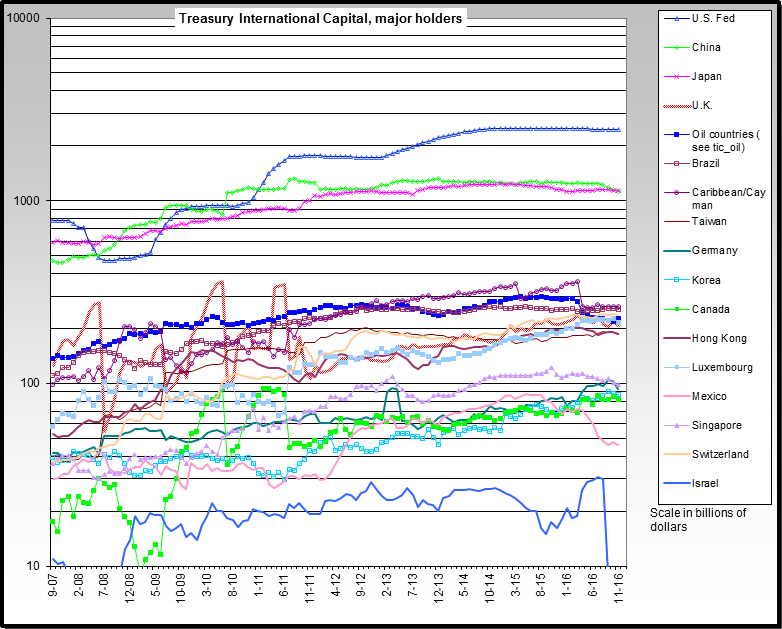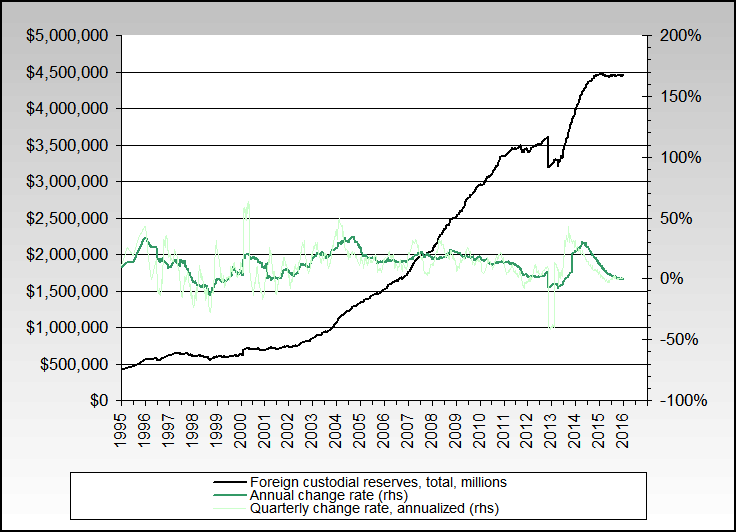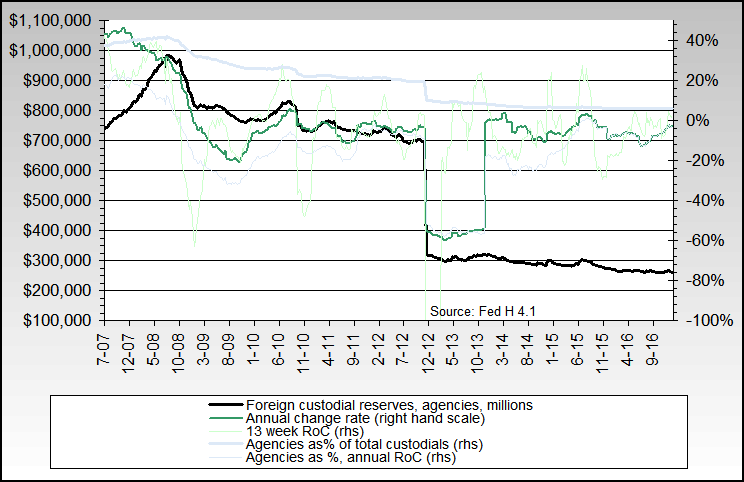Il est impossible à la conscience humaine de réaliser brusquement un grand bond par un acte de volonté autonome. Comme je l’écrivais en 2008, « Une prise de conscience, c'est comme un changement d'orbite : ça requiert du temps, une impulsion initiale, de l'énergie entretenue, et l'état d'arrivée est sensiblement différent de l'initial. » Ce qui nécessite du temps pour un individu en nécessite d’autant plus pour une collectivité, c’est-à-dire pour la conscience sociale. Ce n’est pas un accroissement linéaire, puisque ce qui est important c’est d’atteindre une masse critique, et non pas une majorité, avant de faire basculer la partie restante.
Cette masse critique ne peut être atteinte que par une diffusion jusqu’aux récipiendaires, qui doivent être en état d’écoute. Cette diffusion est saturée depuis l’avènement des medias de masse. Internet ne change rien à la donne en ce qui concerne cette première étape, celle de l’atteinte d’une masse critique. Ainsi ce blog se veut aussi une expérience sociologique à notre époque moderne, au service d’une question simple : comment les idées nouvelles se propagent-elles ? Depuis 2008, nous avons ainsi utilisé, en tant qu’auteur de contenus originaux ciblant en priorité les premiers cercles de diffusion de nouvelles idées, les moyens de diffusion suivants : blogs sous licence CC, syndication, wikipedia, réseaux sociaux (au moins 5), mais aussi publications par un think-tank, réunions publiques, conférences, conseil en entreprise, contact au CESE, le tout dans plusieurs langues et dans des domaines volontairement croisés dans une approche transdisciplinaire : économie, science politique, sciences fondamentales, finance, écologie, sociologie, technologie de l’information, relations internationales et géopolitique. Nous avons pris soin d’articuler toutes nos recherches dans un cadre conceptuel philosophique robuste (1), même si il ne forme pas nécessairement système et si les références directes de ces repères dans nos textes sont volontairement peu fréquentes. Sans développer une histoire des idées ou une épistémologie, nous avons enfin étudié les publications d’idées émises par quelques autres auteurs en Occident, vivants ou disparus, et les échos qui en résultaient.
En synthèse, les principaux éléments que nous avons observés ou déduits, et d’autres auteurs bien avant nous, sont les suivants. Je les livre sans fard pour les découvreurs.
Sur les idées :
· L’approche des concepts s’élabore avec le groupe social. Les concepts non complètement formés constituent un terreau. Le terreau n’est pas la graine. Il est constitué d’éléments verbaux dérivant des idées existantes et de comportements. C’est une somme d’expériences, du sensible jusqu’à l’apprentissage de concepts virtuels. Le jeu est un exemple d’organisation sociale pour accumuler efficacement cette expérience.
· Les idées se créent, se conçoivent ensuite sans le groupe. C’est un acte individuel de volonté, à l’avancée vacillante. Une idée est un concept formé. Une graine autour d'un germe.
· Le terreau le plus fertile au monde n’engendre pas de graine, sans une volonté spécifique. Ainsi en va-t-il de la meilleure éducation qui soit possible. C’est cela qui rend irréelle toute justification d’une inégalité héréditaire ou héritée. Une position hiérarchique donnée n'est absolument pas équivalente à une valeur individuelle intrinsèque, bien que l'existence même de cette hiérarchie puisse souvent laisser penser le contraire à chacun de ses membres. Une hiérarchie est uniquement une construction sociale, jamais une mesure absolue de la valeur personnelle. Mais elle est très rarement comprise comme telle. La sociobiologie offre un bon exemple de ce débat. On lire avec intérêt L'empire des gènes: histoire de la sociobiologie.
· Une idée nouvellement née pour se diffuser dans la conscience sociale doit être totalement délivrée de son créateur. Tout lien d’appartenance au créateur est un frein pour l’envol d’une idée ; c’est d’ailleurs le plus souvent l’indice d’un simulacre. Une idée vibrante est une idée autonome.
· Une mauvaise idée ne remplace pas et n’efface pas une bonne idée. Il n’y a pas de mauvaises idées, ce ne sont que des simulacres d’idées.
Sur les sociétés :
· Bien que de la description sociologique la plus exacte soit celle du "champ social", celle-ci peut se révéler moins efficace quand il s'agit d'expliquer la propagation des idées et concepts. Dans ce contexte, nous préférons dire que les sociétés humaines sont structurées hiérarchiquement, mais plusieurs hiérarchies cohabitent et se superposent, formant à ces endroits des réseaux maillés. La complexité d’une société croît avec le nombre de ces structures, mais une société n’est pas équivalente à un réseau dont les nœuds seraient idempotents.
· Les hiérarchies relèvent d’un lien social de subordination conscient ou non, qui peut se décliner selon une échelle de prestige. L’organisation politique des sociétés, y compris l’expression par la voie démocratique, n’efface en rien ces hiérarchies, mais elle peut favoriser ou restreindre l’émergence des idées.
· Le prestige se gagne sous des formes combinées très diverses. Il constitue l’état visible le plus enraciné d’une société. Nous pouvons citer le prestige de naissance (lignée, caste), de grade, de diplôme ou de position (fonction privée, publique ou militaire), de simple représentation (célébrité, spectacle mais aussi à un moindre niveau tout attribut ostentatoire), de mérite (reconnaissance du courage, d’un exploit ou d’une création).
· Le prestige se perd peu avec le temps, et ne disparaît pas avec la mort, car le prestige est une empreinte dans la conscience sociale.
· Une hiérarchie est un organe social de sélection et d’amplification des idées. Sans un contrôle continu par le reste de la société, elle acquiert une volonté propre et cherche inévitablement en priorité à perdurer et relègue au second plan sa raison d’être originelle. Sa fonction est alors détournée par cette nouvelle volonté. Elle devient institution et outil d’entretien du statu quo.
· Les sommets des hiérarchies sont incapables de créer des idées, ou deviennent sinon des leaders qui marquent l’histoire. Elles ne peuvent habituellement que piloter ou favoriser les idées qui émergent. Leur seul pouvoir est de ralentir (ou d’accélérer) la diffusion d’une idée, mais celle-ci une fois créée survit plus longtemps que toute volonté hiérarchique. Anéantir son créateur n’est qu’un retard de plus, pas un réel contrôle.
· Toutes les hiérarchies n’ont pas pignon sur rue, leur degré de transparence peut aller jusqu’à l’opacité la plus totale sans pour autant modifier leur pouvoir de pilotage des idées. C’est une lutte permanente entre volonté individuelle du secret et volonté collective de transparence.
Sur la diffusion des idées :
· Il est impossible à une société d’empêcher la création d’idées contraires aux buts de ses hiérarchies dominantes du moment. Même le génocide ne le peut pas.
· Si une hiérarchie utilise la violence comme instrument de contrôle, elle rend immédiatement plus perméable les autres hiérarchies de la société. Celles-ci seront plus facilement imprégnées par de nouvelles idées, qui se diffuseront plus vite, ainsi qu’aux concepts non formés. C’est l’effet d’accélération que l’on connait aux crises.
· La diffusion à une large échelle de concepts non formés a un corollaire : une société ne résiste pas à une idée dont le moment est venu, c’est-à-dire une fois que le terreau a été répandu.
· Une diffusion horizontale à large échelle n’est pas du tout équivalente à une diffusion hiérarchique. Les idées se diffusent à large échelle (c’est-à-dire imprègnent de nouveaux individus) par la voie hiérarchique descendante exclusivement. Par contre, les concepts non formés se diffusent horizontalement à large échelle par les sensations et l’exemple.
· Seules les idées, et non les armes, ont le pouvoir de faire évoluer les orientations des hiérarchies, et par là-même des masses ; le monde ne change que par elles. Changer le monde n’implique pas nécessairement de changer de hiérarchie. On détourne plus facilement un fleuve qu’on ne creuse une nouvelle vallée.
· Il est d’autant plus facile pour une idée issue du bas d’une hiérarchie d’imprégner le sommet d’une autre hiérarchie que celle-ci est distante (en terme de km, de langue, de métier, de temps…).
Un exemple de concept non complètement formé, malgré son soucis apparent de formalisme :
A concept map showing the key features of concept maps












